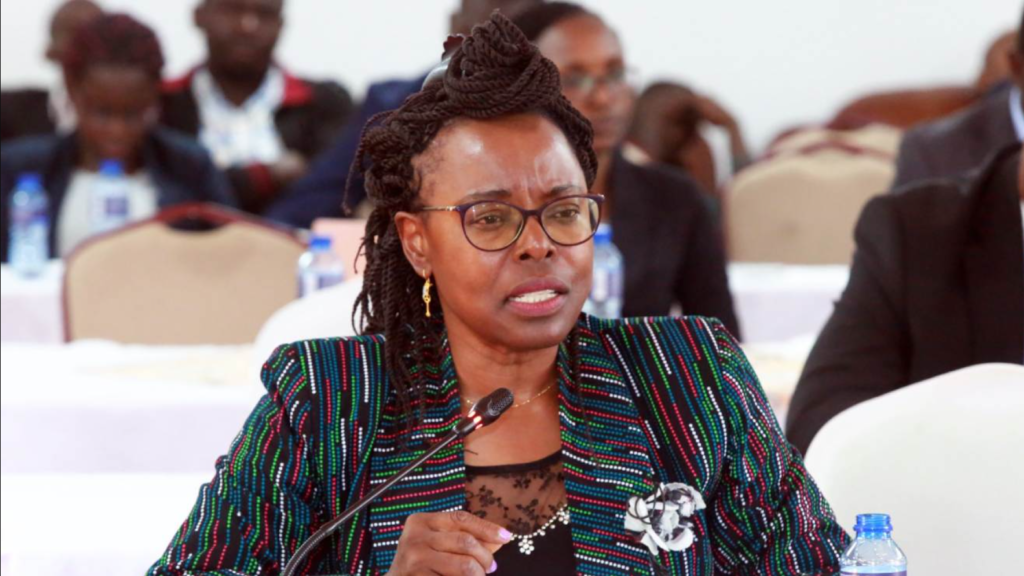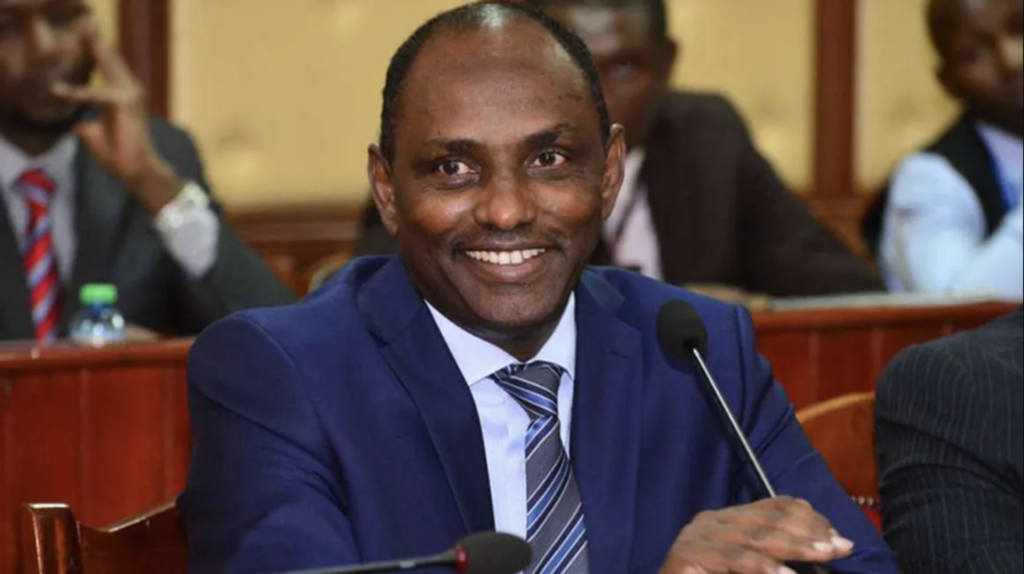BY NG’ANG’A MBUGUA
The journey to the buyback of Telkom Kenya shares from Helios Investors LLP, a French company with interests in telcos and banking among others, was bound to be perilous even before it started.
Indeed, this is bad news because even before the idea of acquiring back the shares was mooted, attempts to merge the struggling public telco with Kenya’s second largest mobile market player — Airtel — had run into several headwinds. The first was the insistence by the market leader, Safaricom, for the two separate entities to clear the debts they owed it before they could be allowed to merge.
The second, which dealt the deal a fatal blow, was the October 2019 decision by the National Security Advisory Committee to stop the merger on grounds that allowing it to go ahead would compromise national security. The wisdom behind the veto was that Telkom Kenya was the custodian of broadband on which much of Kenya’s government data is carried and allowing a private entity to access it would be counterproductive to national interests.
Airtel, whose parent company is Bharti Airtel of India, is one of the top three mobile telephony companies in Africa. When the merger fell through, Telkom was left in financial doldrums, having to perennially borrow from Helios, a private equity firm that had bought out Orange, a French mobile operator.
Over the years, Helios did not mind converting its debt into equity. That was how it ended up controlling 60% of Telkom shares, which the Jubilee administration bought back on August 5, 2022, just four days to the General Election that ushered in the UDA administration. At the time, the government indicated that Helios, through its wholly owned subsidiary, Jamhuri Holdings Ltd (JHL), had sought to exit Telkom Kenya and it was, therefore, exercising its pre-emptive rights.

One of the first tasks that President William Ruto’s Cabinet undertook after taking over the reins of power from the administration of former President Uhuru Kenyatta in September, was to rescind the buyback deal in October last year. Now, the Ethics and Anti-Corruption Commission (EACC) has called for the prosecution of various top government and Treasury officials who were involved in the transaction.
In its third quarter report, which covers the period between July 1 and September 30, 2022, EACC says it received a complaint letter in March this year asking it to investigate alleged irregularities in the buyback. The letter had been forwarded to the EACC through the Clerk of the National Assembly.
According to EACC, the search for a strategic partner for Telkom Kenya was halted in March last year after the then Treasury Cabinet Secretary, Ukur Yatani, wrote a letter where he said that the government had accepted JHL’s decision to exit Telkom Kenya.
“Investigations further established that the Communications Authority of Kenya did not grant approval for the acquisition of 60 per cent of Telkom Limited by the Government of Kenya in the transaction under inquiry since part of the conditions given by the Authority were not met by Telkom Kenya Ltd,” EACC says in a report dated November 28, 2023. The report was jointly signed by EACC CEO, Twalib Mbarak, and the chairperson, David Oginde.

The two also raise questions about why the opinion of the then Attorney-General, Paul Kihara Kariuki, was neither given nor included in the contract documents as required by law. They also argue that the deal, which was executed before Parliament could approve the expenditure, did not meet the requirements of Regulation 40 (3) and (4) (a) of the Public Finance Management (National Government) Regulations, 2015. The regulations require Parliament’s approval before any expenditure. And, where an expenditure is either unforeseen or unavoidable, the government can spend the money and seek parliamentary approval within a specific period. According to EACC the deal did not meet any of these conditions.
Based on these findings, the anti-graft watchdog wrote to the Director of Public Prosecutions, Renson Ingonga, asking him to charge Ukur Yatani, a former Principal Secretary at the Treasury, the Controller of Budget, the then Director-General, Public Investment and Portfolio Management and Mugo Kibati, CEO of Telkom Kenya. Also recommended for prosecution was Telkom Kenya Board Chair, the firm’s Chief Operating Officer, Chief Strategy and Business Development Officer as well as the Chief Finance Officer. John Ngumi, the businessman who worked as the transaction adviser, is also lined up for prosecution.
EACC recommended that they each face about ten charges, including conspiracy to commit an economic crime, 15 charges of abuse of office and willful failure to comply with the law (see list below). The authority is still waiting for word from the DPP.


